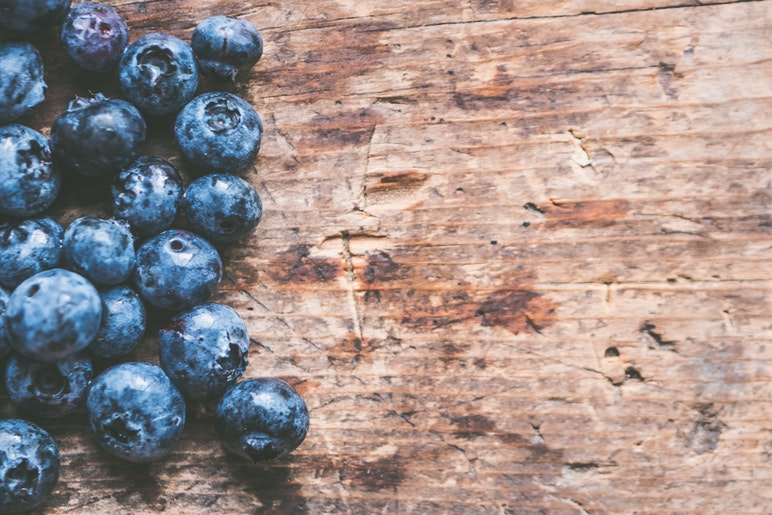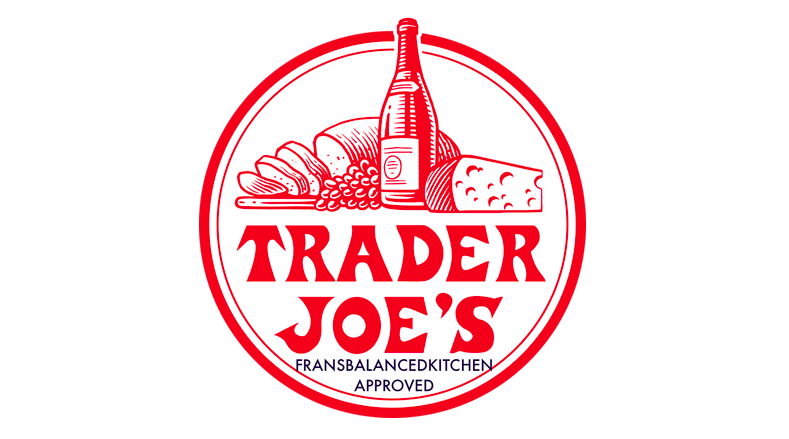The Logical Vegetarian

If we are intellectually honest and place reason above emotions, the search for optimal health through superior nutrition will inevitably lead us to a mostly, if not totally, plantbased diet. That inferior nutriment can sustain life is a testament, not to the substandard quality of the material, but instead, to the innate intelligence, wisdom and fierce will of the human organism to endure. That it can glean something of value from the least valuable substances is truly amazing and just as misleading to those who honestly, although naively, advocate an illconceived philosophy of health and nutrition. That we can or should subsist on an animalfree, plantbased diet has always been a controversial subject. Emotions combined with antiquated facts, deceptive practices, commercial agendas, and less than scholarly observations and advice, have all culminated in the misconceptions that abound.
Some collide with vegetarianism while reflexively swerving to avoid, what they passionately believe to be, the unnecessary exploitation of animals. Although animal welfare is a noble endeavor, it doesn’t teach us much about, nor is it necessarily a good example of, nutritional excellence. Because this group professes to be guided by a moral compass, they are referred to as "ethical vegetarians". I take exception to this accolade, however, when human life is subordinated to animal life. I hold, just as strongly, that animal life should not, unnecessarily or unsympathetically, be sacrificed to that of its more evolved guardians’. This set of nonflesh eaters oftentimes presents clinically as anemic, protein deficient, frail and sometimes, to the surprise of the inexperienced clinician, obese. Their maladies are usually blamed upon the fact that they are vegetarians. But the problem does not lie in their abstention from animal products? it lies in their failure to indulge in nutritional excellence. In other words, they are either uninformed or misinformed and as a result, malnourished. Fortunately, with a bit of guidance, they can continue their honorable crusade against animal cruelty while still enjoying optimal health. Unfortunately, this faction has become the stereotype for all vegetarians.
Then, there are those who come to the plant kingdom by way of logic and reason. Theirs is an intellectual endeavor: a stoic investigation of man’s true nutritional needs and how to satisfy them. Here, we are presented with overwhelming evidence that the consumption of animal fare is harmful to human health and best avoided.* Fortuitously, its omission benefits both man and beast. Nonetheless, that sparing the lives of these sentient beings is only an incidental phenomenon, it is no less virtuous than if it was a deliberate enterprise. Respect for animal life begins with respect for human life, as genuine compassion for others can only exist where it is preceded by rational and shameless selfinterest
Most skeptics of an all plantbased diet are so because of the many myths that still persist in spite of their erroneous assumptions and outmoded arguments. As long as one consumes a variety of unprocessed plant foods, in amounts adequate to support normal structure and function, they will be gaining a plethora of micro and macronutrients. The real challenge is not how to get enough from a plantbased diet to achieve health, but instead, how not to get enough of an animalbased diet to cause disease.
Since we are a proteinobsessed society, our first compulsion is to question the adequacy of a plant regimen to provide enough, if anyatall, of this macronutrient. This collective paranoia is born of the popular misconception that protein is synonymous with flesh. If we allow the intellect to rule for just one moment, we will undoubtedly see the folly of this supposition. Where does the animal, that we believe we must consume for our protein, get its protein? The plant kingdom! It is abundantly available to humans as well, without the dangers of overconsumption or the need to esoterically combine different food sources to accomplish optimal health. The amino acid pool, a twentyfourseven circulating bank of protein components, allows the body to make all the different proteins it may need, when it needs them. All we have to do is make deposits by way of eating a variety of whole plant foods and mind you not in any specific assemblage.
Another unnecessary concern and highly emotional issue revolves around the subject of calcium. Once again, we have been misled? this time, to believe that calcium, to the exclusion of all else, equals dairy and therefore we are solely dependent upon the hormonal secretions of another species to meet our needs. How absurd! Calcium is ubiquitous and easily obtained from darkgreen leafy vegetables, cooked dried beans, soy products, nuts, seeds and dried fruits. Human babies should drink the milk of their mothers, just as calves should drink the milk of theirs. It only stands to reason that each species is equipped by nature to best meet the specific needs of their offspring. It is at our own peril that we ignore the overpowering arguments levied against the bizarre, unnatural and uniquely human practice of consuming the milk of another kind.
There also seems to be much apprehension about the planteater’s ability to procure enough iron, especially made apparent when along with the physician’s rebuke comes a prescription for red meat. Rest assured, iron is widely distributed in the plant kingdom, always to be found in whole grains, legumes, nuts and seeds, many vegetables and dried fruits. Its absorption can be enhanced by simultaneously adding a good source of vitamin C. It should be noted that the accumulation of too much iron is undesirable because it potentially raises the risk of cancer and heart disease. Since the body is unable to eliminate excessive amounts of this mineral, it maintains balance by regulating its absorption. Interestingly, this regulatory mechanism governs most effectively when taking up the nonheme iron of plants, rather than the heme iron of animals, which tends to accumulate inordinately.
There does exist a legitimate concern about B12. A deficiency of this essential nutrient can lead to numerous health problems, both neurological and cardiovascular. Animal products are no doubt a rich source of it. When we eliminate them, we reduce our exposure to B12. It is important to note that only bacteria can produce B12 and therefore, due to modern hygienic standards, it has become nearly impossible to obtain enough from plants. Although it can take quite a while to deplete our stores of B12, we should check our levels from time to time, and or use a methylcobalamin supplement to eliminate this concern completely. Although less desirable than whole foods, some of the more processed plantbased foods are oftentimes fortified with this micronutrient. Intriguingly, there are far more meat eaters who are B12 deficient than vegetarians. This, however, has less to do with availability and more to do with eroding physical function, ironically, oftentimes due to the consumption of too much flesh.
Vitamin D, which is actually a hormone, should also be checked periodically. According to current research and laboratory findings, vitamin D deficiency appears to be epidemic, especially in the northern hemisphere. This goes for both meat and meatless eaters. Investigation points to many potential problems that can arise from a deficiency of this nutrient, including: osteoporosis, immune suppression, chronic pain and some cancers. Although regular sun exposure insures that we will have optimum vitamin D levels, too much sunshine may lead to premature aging of the skin as well as skin cancer. If our levels are less than optimal, a vitamin D supplement should be considered.
When we objectively weigh the risks of eating animal products against the benefits of eating a plantrich diet, it becomes quite evident that plants give us the best chance of achieving optimal health by generously meeting all our nutritional needs and enhancing, rather than disrupting, normal biological processes. Many have been discouraged by the distorted impressions coming from the camps of the misguided and inexperienced, or for that matter, from their own fledgling philosophies of the “good life”. If one is genuinely interested in their health and wellbeing and is willing to replace fiction with fact and feeling with knowing, absolutely nothing rational should dissuade them from becoming a “logical vegetarian”.
* It is not in the scope of this discussion to enumerate the many deleterious effects of consuming an animalbased diet, nor to tout the salubrious effects of eating primarily of vegetation, but instead, to dispel the myths that persist when it comes to consuming a plantbased diet. I leave it to the interested reader to delve further into the subject. The literature is abundant and easy to access.
Please Note: Above statements are not written by Health Realizations nor the opinion of Health Realizations
As a natural health consultant for over 25 years Mark Houllif has been teaching the scientific principles of health promotion. The goal is to guide the individual back to health using natural and nutritonal methods. By removing the causes of disease and establishing conditions of health we allow the body to most powerfully manifest its natural healing tendencies.










